One of our middle school teachers recently shared this with parents and it is a great reminder on the importance of reading!
March is reading month and in middle school we don't do all the special activities like the younger students, but that doesn't mean we don't think reading is important. I took a class last spring that taught us about how important reading is to our student's development. I wanted to share with you some of the benefits that reading can have on your child. Note this data is not mine, but came from slides from the class I took.
Starting in kindergarten, if a student reads 20 minutes a day at home, they will hear 1.8 million words per year. They will have read for 851 hours by 6th grade and on standardized tests, they will likely score better than 90% of their peers.
Helps with language development. From the time your child is born, reading out loud is a positive influence. As your child grows, daily reading will help the brain make connections between the written and spoken word, widening vocabulary in the process. Adding to that benefit, vocabulary knowledge equates to masterful spelling. In fact, reading, spelling and vocabulary are critically important to a child's lifelong achievement.
Helps with brain development. Educators have long said reading makes people smarter, and there’s research backing them up. A recent study conducted by the American Academy of Pediatrics found reading to children of any age awakens a number of regions in the left part of the brain. The areas in the brain that become active involve understanding the meaning of words and concepts tied to memory.
Strengthens family relationships. There is nothing quite like reading together as a family. Whether you're flipping through picture books with your little ones or sitting in the same room with older kids while, each immersed in a piece of literature, these are times you remember.
Make reading fun. Pick things to read that you are interested in. Find a spot to read. Read together with your child. Model reading for your children even magazines, newspapers, or how to articles. When you read a how to book, then try it out. Rate your book you are reading. Tell and share stories from your past. Have your child share stories from their day. If you need more ideas I think I have at least 100 strategies to try and help with reading.
Your challenge this week, take time to read for twenty minutes as a family. This can even be reading family devotions and talking about what you read!

